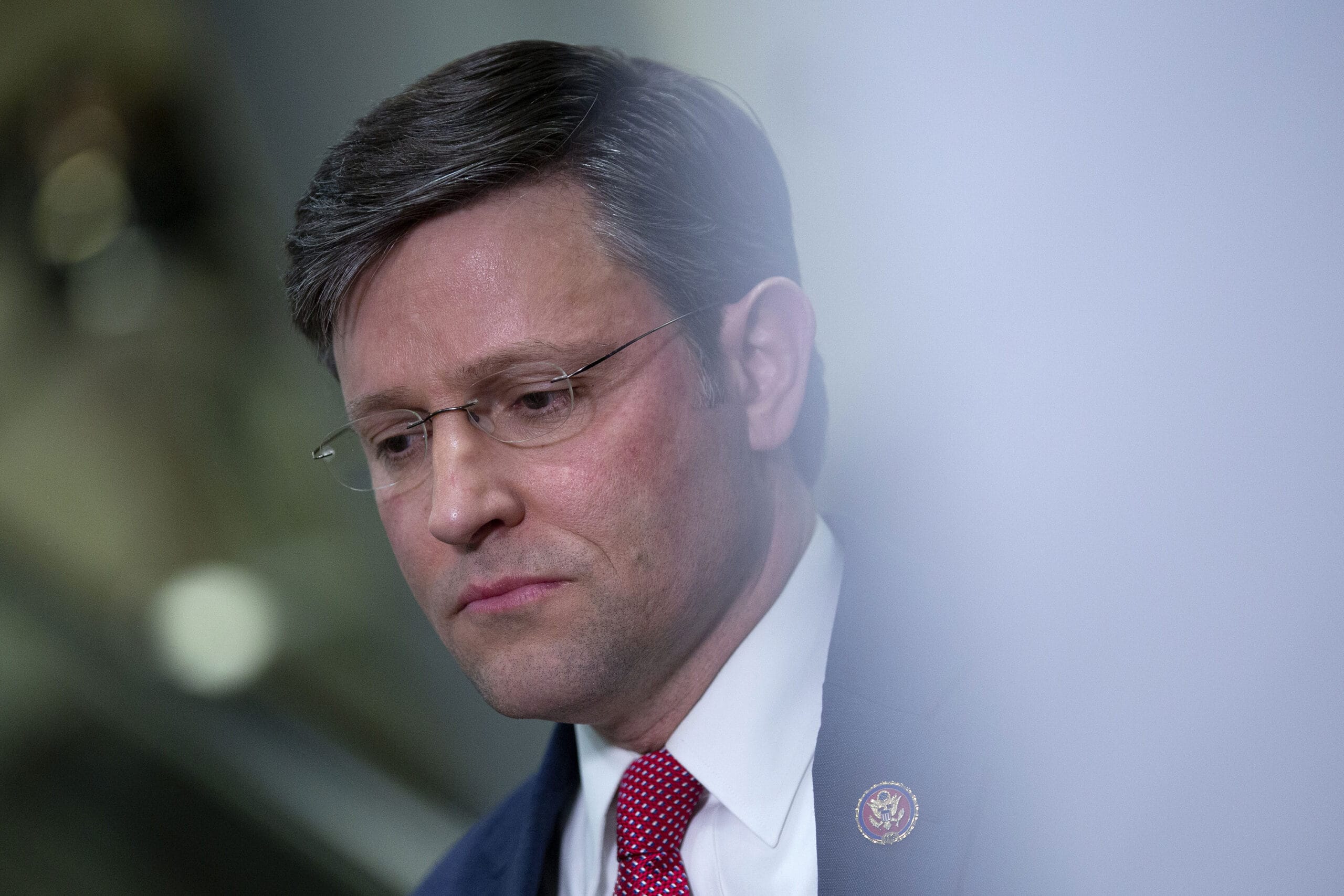In a noteworthy development within the political landscape, former President Donald Trump has publicly pledged to make calls in support of House Speaker Mike Johnson. This declaration arrives at a crucial time as Johnson, who assumed the role of Speaker of the House, faces a series of challenges that require both strategic leadership and party cohesion. Trump’s involvement is anticipated to bolster Johnson’s efforts as he seeks to navigate the complexities of the current political climate.
Mike Johnson, a Republican representative from Louisiana, was elected as Speaker following a tumultuous period within the House of Representatives. His ascent to this leadership position was marked by significant intra-party negotiations and the need for a unifying figure to steer the party through various legislative hurdles. Johnson’s leadership style has been characterized by a focus on conservative principles, and his ability to rally support from different factions within the party will be essential as he addresses pressing national issues.
Trump’s announcement of his support for Johnson through personal calls is indicative of the former president’s ongoing influence within the Republican Party. Despite not holding office, Trump remains a pivotal figure, with many party members looking to him for guidance and endorsement. His willingness to engage directly on behalf of Johnson signals a commitment to maintaining party unity and advancing the Republican agenda in Congress.
The implications of Trump’s endorsement are multifaceted. On one hand, it provides Johnson with a powerful ally who can mobilize support among the party’s base. Trump’s calls may also serve to reassure hesitant members of Congress who are wary of Johnson’s leadership or the direction of party policy. By aligning himself with Trump, Johnson may find it easier to push through key legislation and rally support for initiatives that resonate with the Republican electorate.
Moreover, Trump’s involvement could enhance Johnson’s visibility both within the party and among the general public. As a well-known figure with a substantial following, Trump’s endorsement can amplify Johnson’s message and strengthen his position on critical issues. This dynamic is particularly relevant as the Republican Party prepares for upcoming elections, where maintaining a united front will be crucial for success.
However, Johnson’s leadership is not without its challenges. The Republican Party is currently grappling with internal divisions, ranging from differing views on fiscal policy to debates over social issues. As Speaker, Johnson must balance these competing interests while also addressing the needs and concerns of constituents. The support from Trump may help mitigate some of these tensions, but it is unlikely to resolve all of the underlying disagreements within the party.
Additionally, Johnson faces external pressures from the Democratic Party, which has been vocal in its opposition to many Republican initiatives. As the Speaker, he will need to navigate a divided Congress, where bipartisan cooperation is often necessary to pass legislation. Trump’s backing may provide Johnson with additional leverage in negotiations, but it also places expectations on him to deliver results that align with Trump’s vision for the party.
In the context of the broader political landscape, Trump’s endorsement of Johnson is reflective of a continued alignment between traditional Republican values and the populist sentiments that Trump has championed. This relationship underscores the evolving nature of the party and the ongoing debates about its future direction. Johnson’s ability to effectively lead in this environment will depend not only on his relationship with Trump but also on his capacity to engage with a diverse range of viewpoints within the Republican Party.
As Johnson embarks on this leadership journey, the support from Trump may prove to be a double-edged sword. While it offers a significant advantage in terms of party cohesion and public support, it also comes with the expectation of delivering on key policy initiatives and addressing the concerns of various factions. The coming months will be critical as Johnson seeks to establish his leadership style and navigate the complexities of a divided Congress.
In conclusion, Trump’s commitment to making calls for Mike Johnson highlights the ongoing interplay between party leadership and the influence of prominent figures within the Republican Party. As Johnson works to solidify his position as Speaker and advance the party’s legislative agenda, the support from Trump may serve as both a catalyst for action and a reminder of the challenges that lie ahead. The political landscape remains dynamic, and the effectiveness of Johnson’s leadership will be closely scrutinized as he seeks to fulfill the expectations of both his party and the American electorate.



